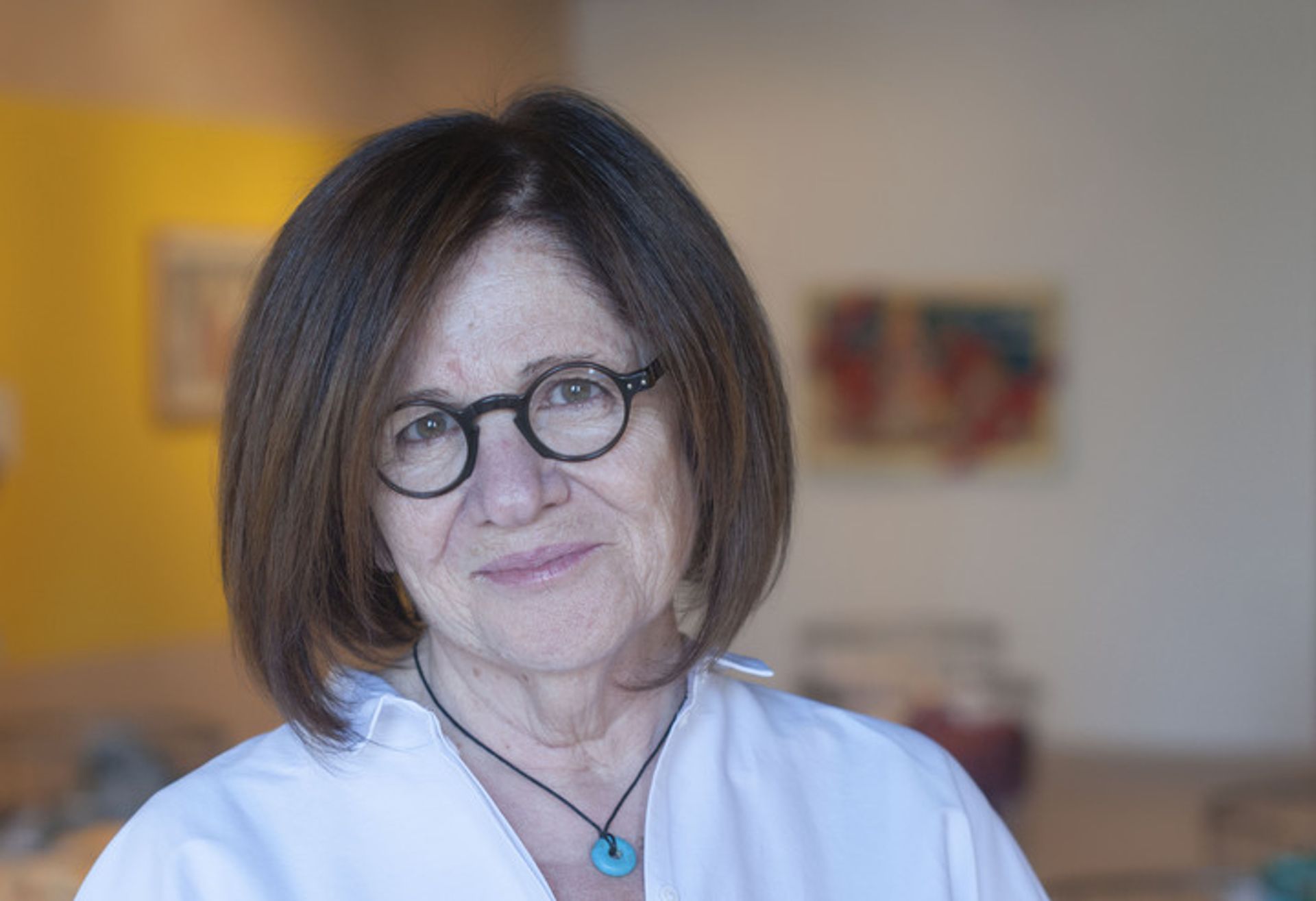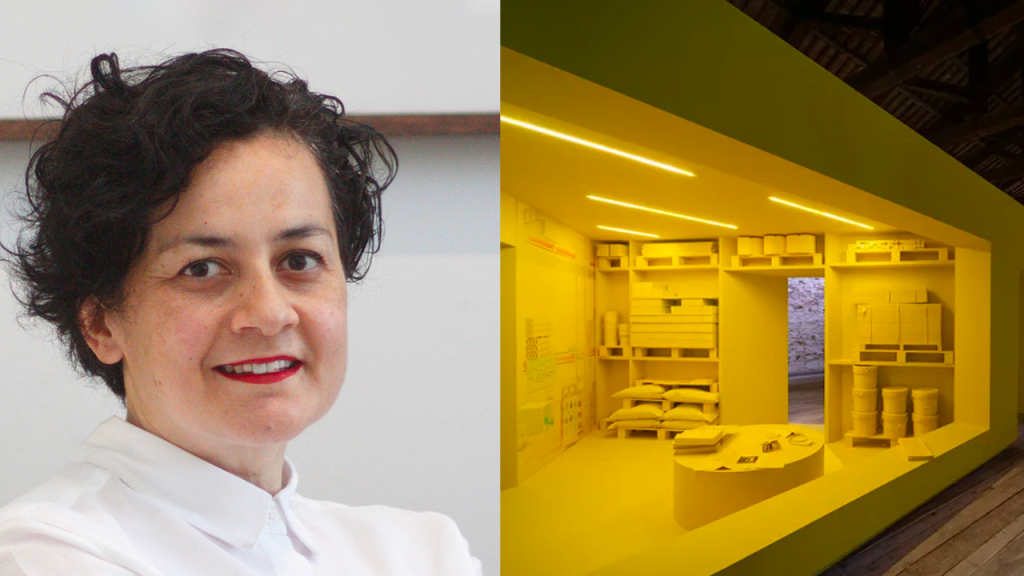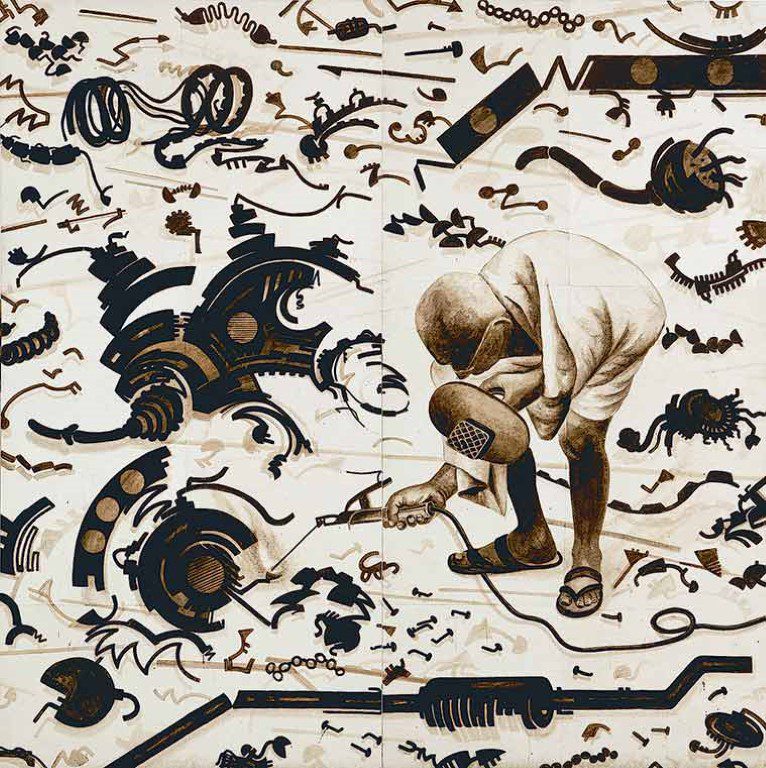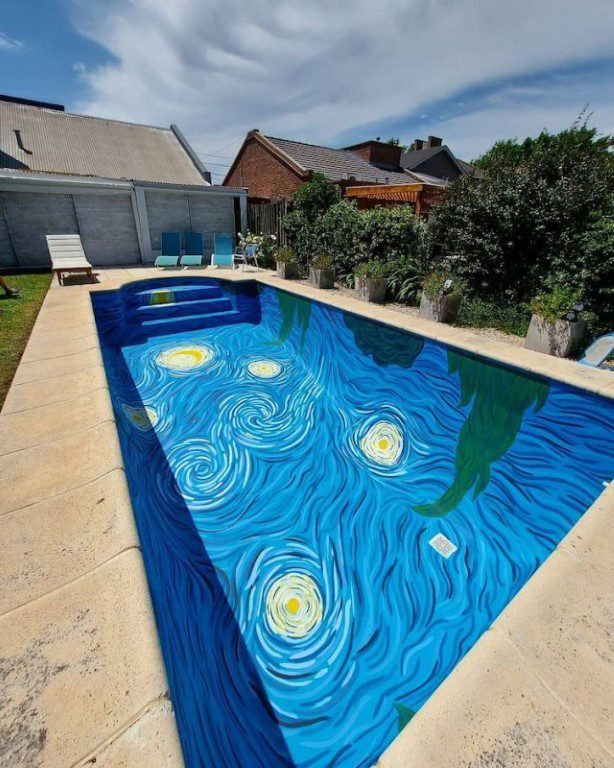In a surprising turn of events, Esra Sarıgedik Öktem, the art dealer chosen to curate the Turkish Pavilion at the upcoming 2024 Venice Biennale, has announced her withdrawal from the position. Öktem, who is also the founder of Istanbul-based gallery BüroSarıgedik, released a statement via the gallery’s Instagram account, citing the need to avoid potential conflicts of interest that might arise unexpectedly.
Changes at BüroSarıgedik Prompt the Decision
Öktem explained that significant changes within her gallery would have ensured there were no conflicts of interest while organizing the pavilion. She noted that as the professional representative of the artist chosen for the pavilion, Gülsün Karamustafa, and as the founding director of BüroSarıgedik, she wanted to ensure transparency and avoid any conflicts that might arise from her dual role. Öktem and her team had restructured the gallery’s workflow and her role to ensure separation from the day-to-day operations related to Karamustafa’s representation.
A Reconsideration Triggered by Istanbul Biennial’s Curator Choice
Öktem’s decision was influenced by the appointment of Iwona Blazwick as the curator of the 2024 Istanbul Biennial. Blazwick, a member of the advisory committee of the Istanbul Foundation for Culture and Arts (IKSV), which organizes the biennial, led Öktem to reconsider her role as curator of the Venice Biennale pavilion.
Complex Dynamics Surrounding Curator Selections
The situation took on a more complex dimension as the Istanbul Foundation for Culture and Arts (IKSV) also organizes the Venice Biennale pavilion. The IKSV’s initial announcement did mention Öktem’s role at BüroSarıgedik but did not disclose that the gallery represented Karamustafa.

Controversy and Transparency in the Turkish Art World
The controversy surrounding the selection of curators highlights broader concerns within the Turkish art world. Critics point to a lack of transparency and potential political pressures affecting curator choices. The rejection of curator Defne Ayas, who had organized the 2015 Venice Biennale’s Turkish Pavilion featuring work by artist Sarkis, raised questions about the selection process. The inclusion of a mention of the Armenian genocide in the catalog, a subject denied by the Turkish government, further fueled the debate.
Implications for Artistic Freedom and Transparency
The ongoing scrutiny of IKSV’s decisions and the larger dynamics within the Turkish art scene underscore the importance of transparency and protecting artistic freedom of expression. Some observers connect these controversies to a history of genocide denial and its wider implications for the country’s cultural landscape.
IKSV’s Defense and Continued Plans
In response to questions about Iwona Blazwick’s role as curator of the 2024 Istanbul Biennial, the IKSV defended its choice and its decision-making process. The foundation emphasized that while the advisory board recommended candidates, the final decision rested with IKSV management. Iwona Blazwick’s extensive experience and achievements within the international art world were cited as key factors in her selection.
As the preparations for both the 2024 Venice Biennale and Istanbul Biennial continue, these controversies shed light on the intricate dynamics that shape curator selections and the broader dialogue surrounding transparency and artistic freedom in the Turkish art landscape.
Feature Image: Left- Esra Sarıgedik Öktem (photo by Berk Kır, courtesy: Istanbul Foundation for Culture and Arts); Right- Pavilion of Turkey presents ‘Architecture as Measure’ at Venice, Courtesy: Hürriyet Daily News
New Zealand Pavilion Withdraws from 2024 Venice Biennale Due to Funding Concerns

Contributor





